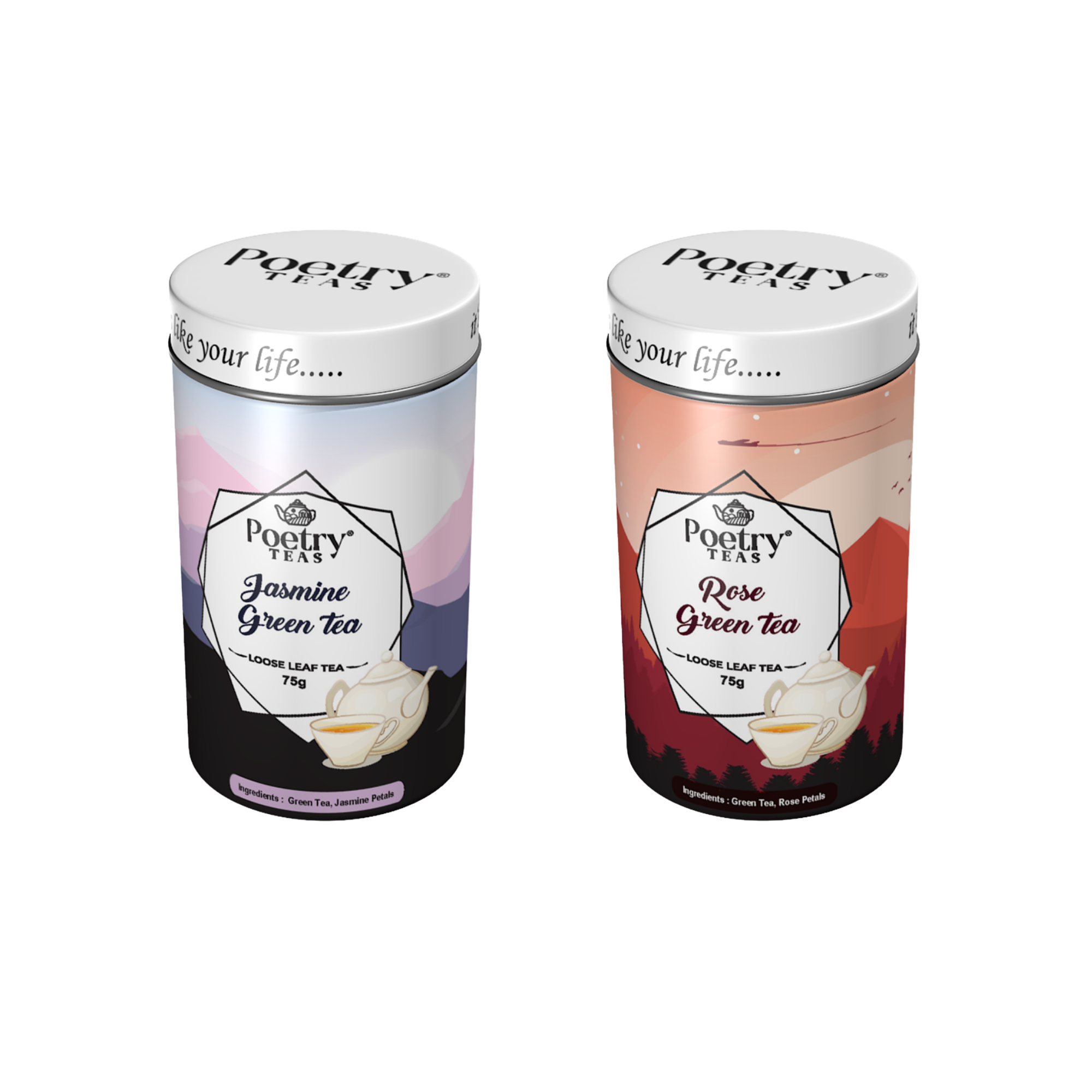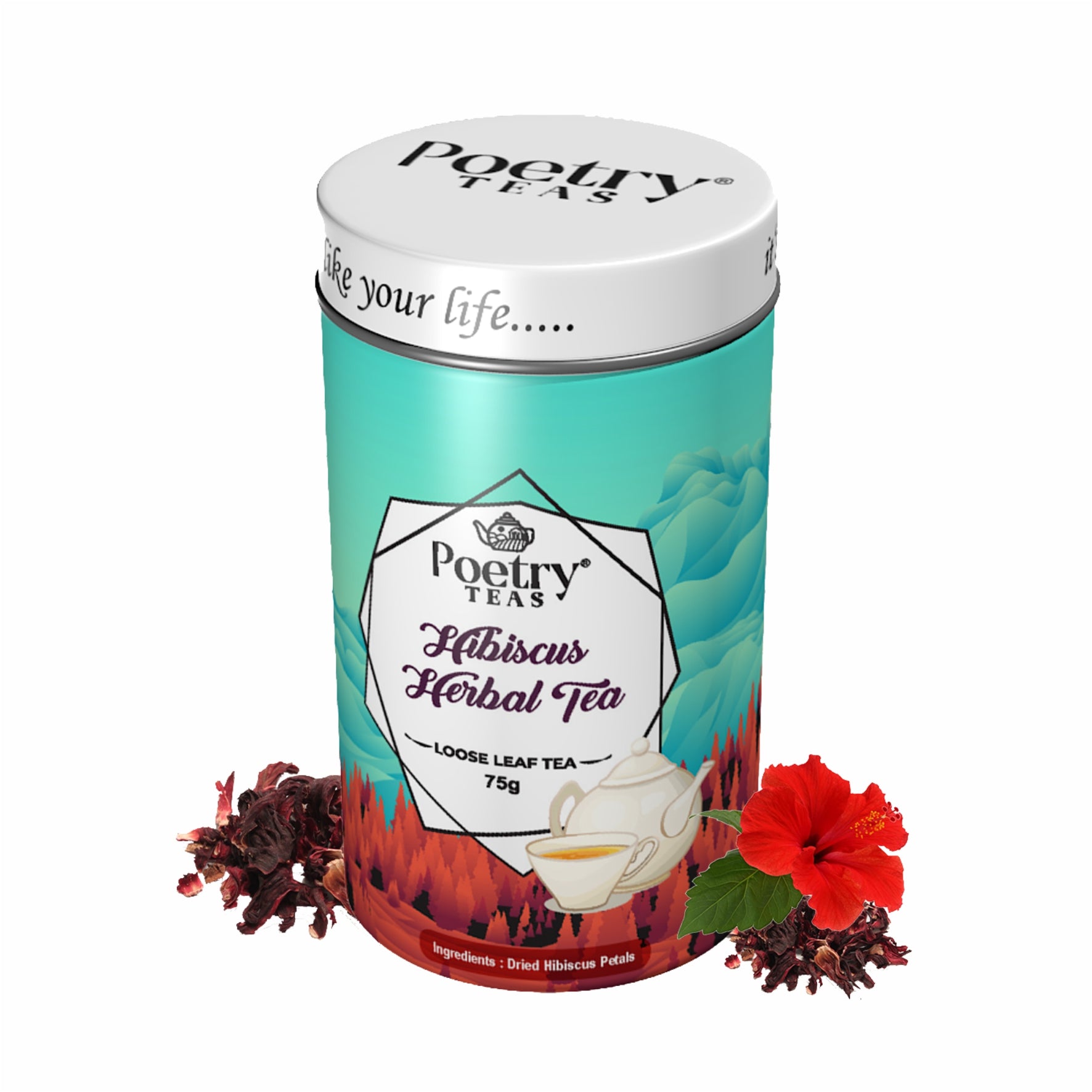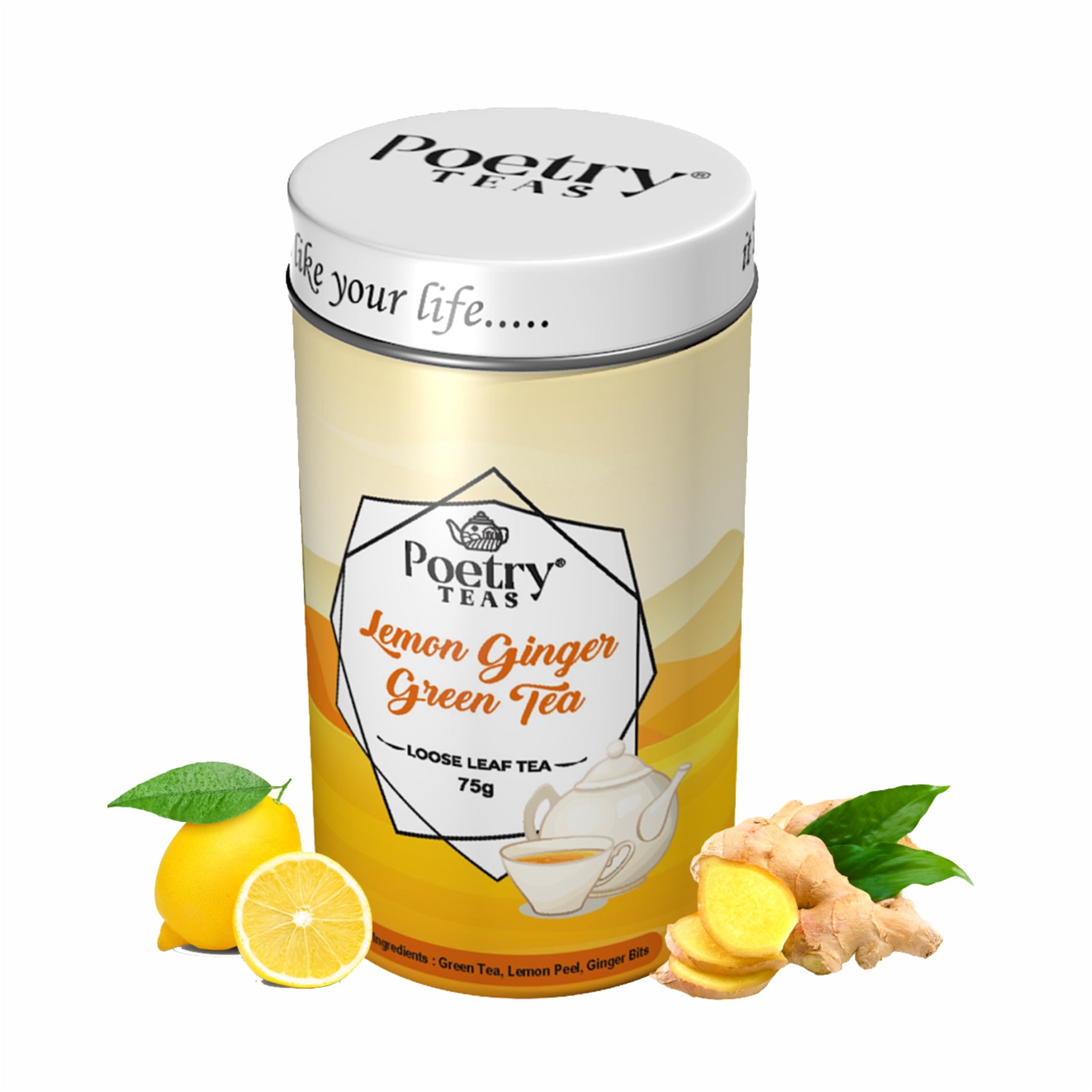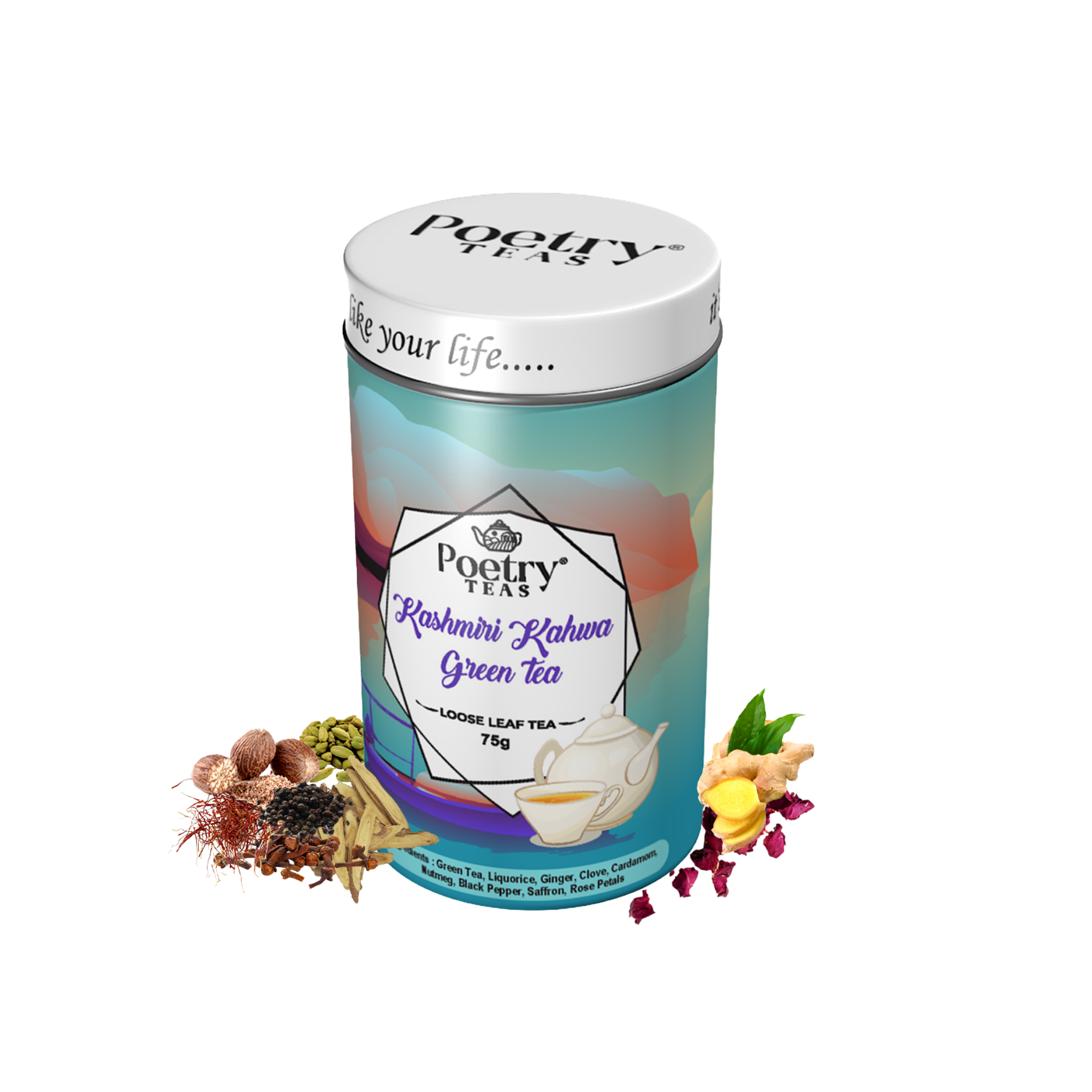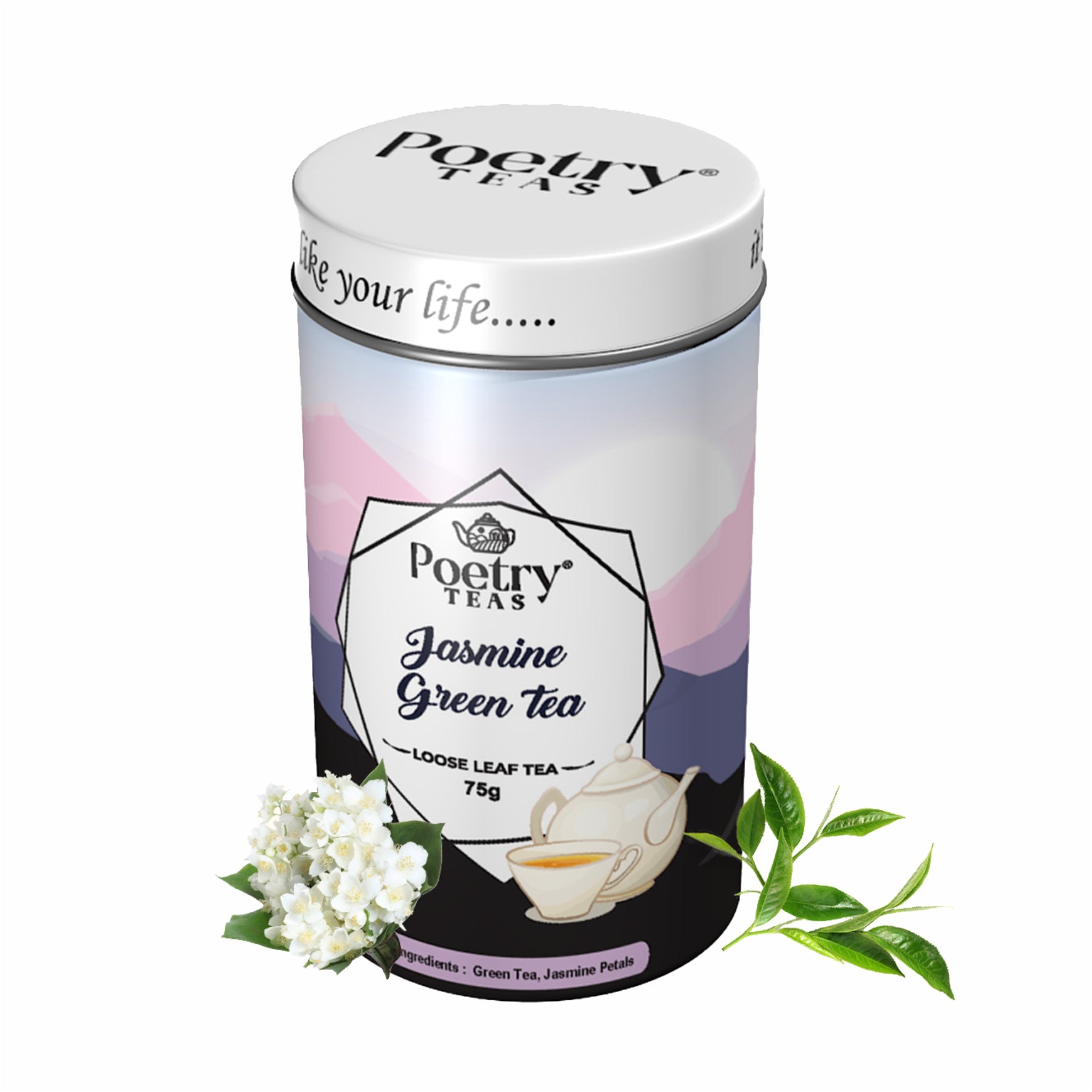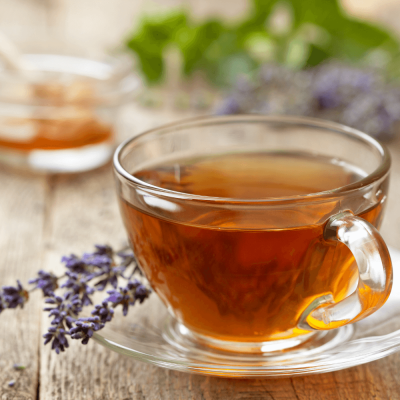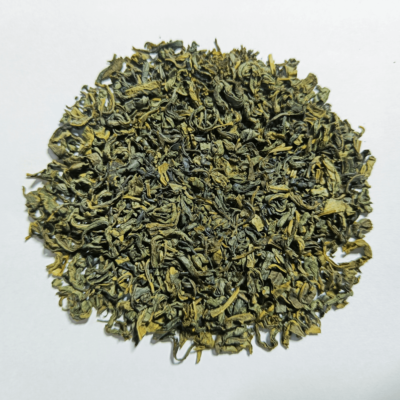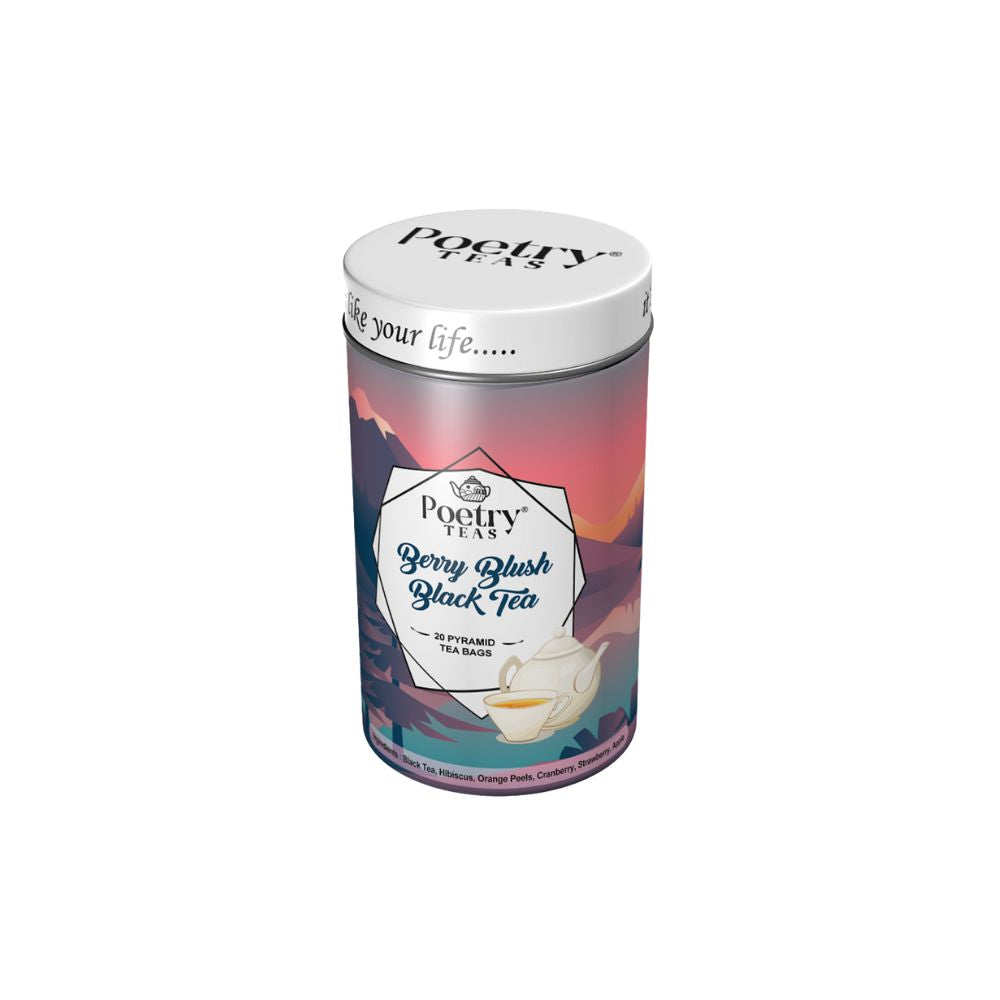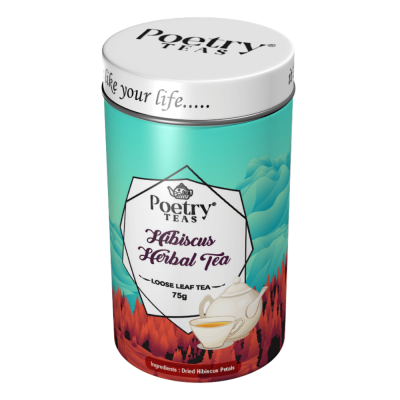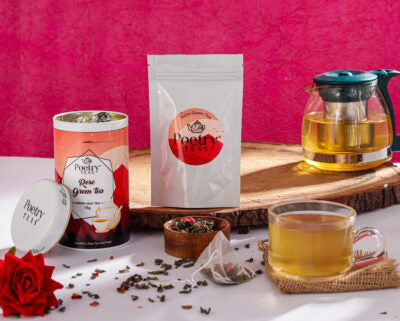The history of tea in India dates back 170 years. And it involves smuggling by a Scottish horticulturist.
Tea is a Chinese invention dating back 2000 years. The Western world got to know of China's tea culture in the early 1600s, courtesy of the Dutch trading company.
China's Tea Secrets Smuggled, Come to India
Meanwhile, the British started drinking tea only 350 years ago and sourced much of it from China. Select London coffee houses began selling tea first. However, later it became the go-to drink for elite London society.
But the British East India Company was not happy with China's tea monopoly. So, it commissioned Robert Fortune, a Scottish horticulturalist to travel to China and come back with trade secrets.
Fortune returned to India with 13,000 plant bottles and 10,000 seeds. The topography and weather conditions of Darjeeling and Assam made it most suitable to cultivate tea.
Soon after, India began to export more tea than China. Indian tea was shipped to London for the first time in December 1838, and auctioned there a month later. The best variety of tea was sold at 34 times the price on an Indian tea estate.
Indian Railways Have a Big Role in the History of Tea
Back in India, the Railways played a big role in popularising tea. After World War 1, tea was sold by vendors at big railway stations like Ballygunge, Dum Dum, Shantipur and Ranaghat.
In India, we soon developed a new, sweetier version of tea by putting milk, tea leaves and sugar together. And we lovingly call it chai.
Today, India is the world's largest tea-drinking nation. We consume over 89% of our tea produce.
A survey found that two in five Indians drink tea (44%), while only 18% drink coffee.
Tea is now a way of life in India. It's Indian culture.
The irony is India is not the birthplace of tea. With snooping and smuggling in the picture, the history of tea in India is as kadak as its chai.

